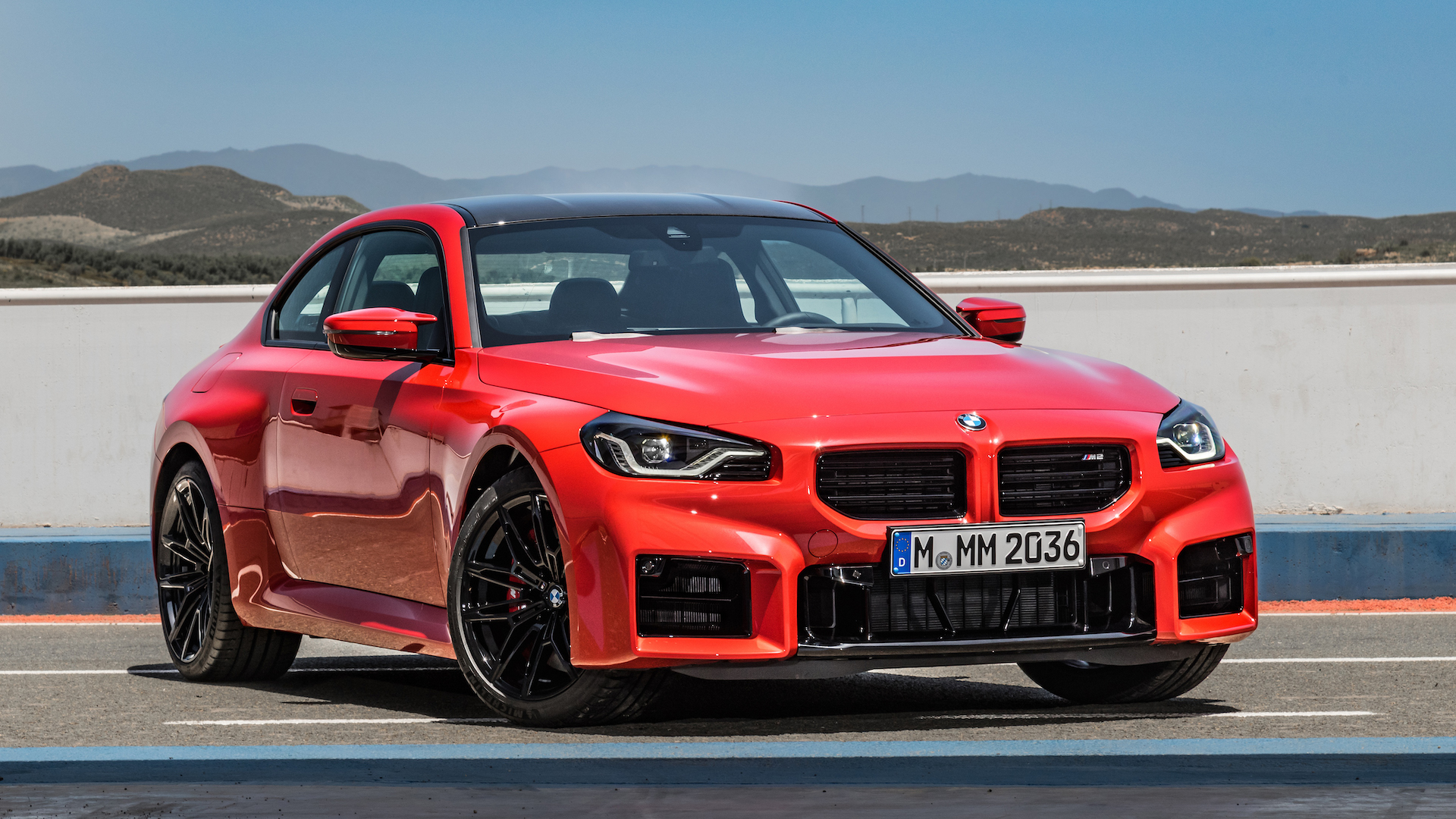When it comes to maintaining your BMW, one question that often arises among enthusiasts and everyday drivers alike is, “What gas does BMW take?” This query isn’t just about filling up the tank; it encompasses the very essence of how your performance vehicle operates. The fuel you choose can profoundly affect everything from engine performance to longevity.
Fuel quality plays a crucial role in how a car performs. BMW specifically recommends using premium fuel with an octane rating of 91 or higher for many of its models. This recommendation stems from the brand’s commitment to engineering precision and performance, which necessitates the use of fuels that can withstand higher levels of compression without causing knocking or pre-ignition.
To understand the mechanics at play, we should delve into what octane ratings signify. In simple terms, the octane number indicates a fuel’s resistance to knocking during combustion. Knock, also known as pinging, occurs when fuel ignites prematurely in the engine cylinder, which can lead to inefficient fuel combustion and, ultimately, engine damage. Advances in technology have allowed BMW to craft engines that utilize higher octane fuels to optimize performance, especially in their turbocharged models.
The fascination with BMW’s fuel requirements also harks back to the brand’s performance heritage. Since the company’s inception, there has been a strong emphasis on delivering driving pleasure through advanced engineering. As a result, the engineering teams at BMW meticulously design each model’s engine to exploit the advantages of higher-octane fuels. This alignment of fuel type with engine design speaks volumes about the brand’s commitment to quality and performance standards.
Moreover, the introduction of turbocharged engines in recent years has further heightened the importance of choosing the correct fuel. Turbocharging increases the pressure and temperature in the engine’s combustion chamber, demanding a fuel that provides the necessary stability under those conditions. For example, the 2023 BMW M2 may boast a potent 453 horsepower, but that power comes with the caveat of using premium fuel to ensure optimal functioning.
Now, let’s explore the broader implications of this fuel requirement. Drivers may wonder if they can interchangeably use lower grades of fuel in their BMWs. The short answer is: While some models can tolerate mid-grade fuel without immediate issues, consistently using anything lower than the recommended octane can compromise the vehicle’s performance. The engine management system may adjust timing to mitigate knock, but these compensations come at the cost of lost horsepower and efficiency. In the long run, detouring from premium fuel can lead to further mechanical issues that may require costly repairs.
Distinctly, BMW isn’t alone in advocating for high-octane fuels. Many luxury and performance brands share similar mandates, reflecting a shared philosophy about the necessity of a robust fuel-to-engine relationship for optimal performance. However, what sets BMW apart is its nuanced understanding of driver experience. The engineers aren’t merely focusing on numbers; they are crafting experiences where performance and the joy of driving converge, relying heavily on the right fuel to achieve that vision.
A common curiosity revolves around the financial aspect: Does using premium fuel really make a significant difference in performance? The reality is nuanced. While there is a clear rationale for using higher octane, the benefits may vary depending on how you drive. Enthusiasts seeking supreme performance on the track will undoubtedly find advantages in adhering to high-octane fuels. Conversely, for everyday commuting, the discernible differences may be less pronounced. However, if you hold your BMW in high regard, investing in premium fuel becomes more about preserving the integrity and longevity of the vehicle than merely seeking peak performance.
Additionally, with growing awareness around sustainability and fuel economy, owners may find themselves weighing the pros and cons of fuel choices against environmental impact. The automotive landscape is rapidly shifting towards electrification, yet for the time being, most BMW models still depend on that cherished combustible fuel. Therefore, what fuel you opt for should also reflect an awareness of long-term environmental considerations, even in the context of performance vehicles.
Now, let’s not overlook the strength that comes from being a part of an enthusiastic community. BMW owners often share stories of their experiences concerning fuel and performance. Online forums and social media groups are rife with discussions about the benefits of various types of gasoline and how they impact the BMW ownership journey. This camaraderie forms a rich tapestry of shared knowledge and enthusiasm, enhancing the ownership experience.
In conclusion, the question, “What gas does BMW take?” is far more than a mundane query about fuel; it’s steeped in layers of engineering precision, community engagement, and performance appreciation. Choosing the right octane is indicative of a broader philosophy regarding vehicle care and ownership. Ultimately, for those who admire the sheer joy of driving a well-crafted BMW, adhering to the recommended fuel guidelines isn’t just a technical requirement—it’s a vital part of nurturing an extraordinary driving experience.
